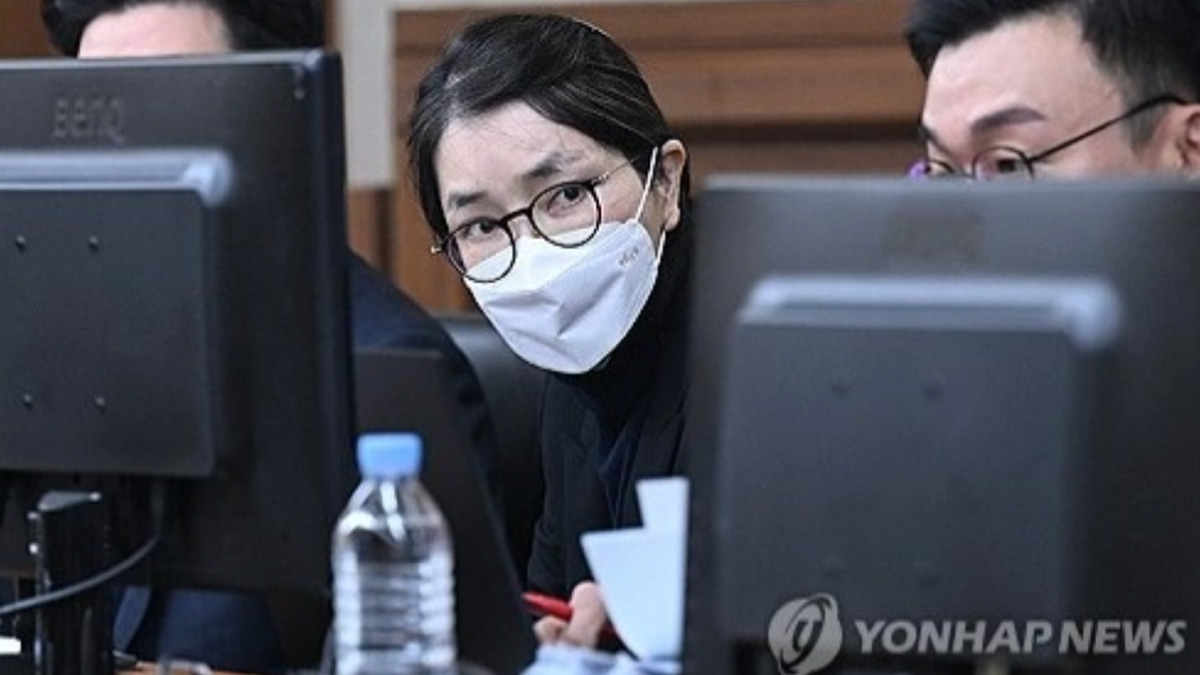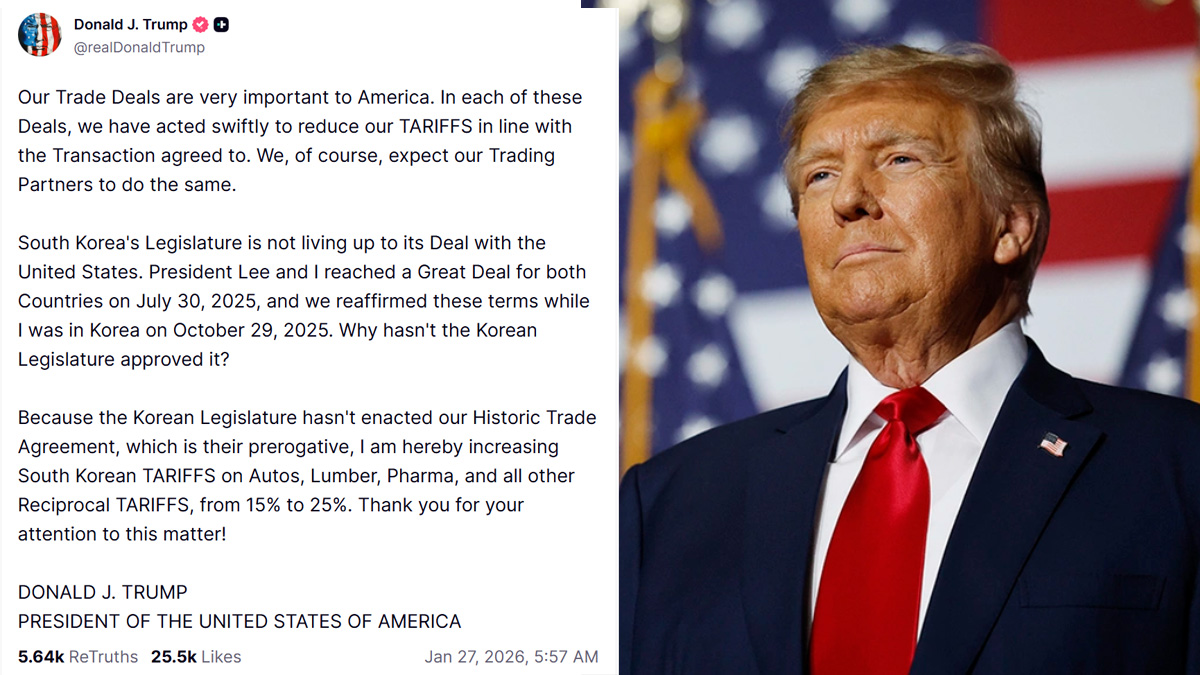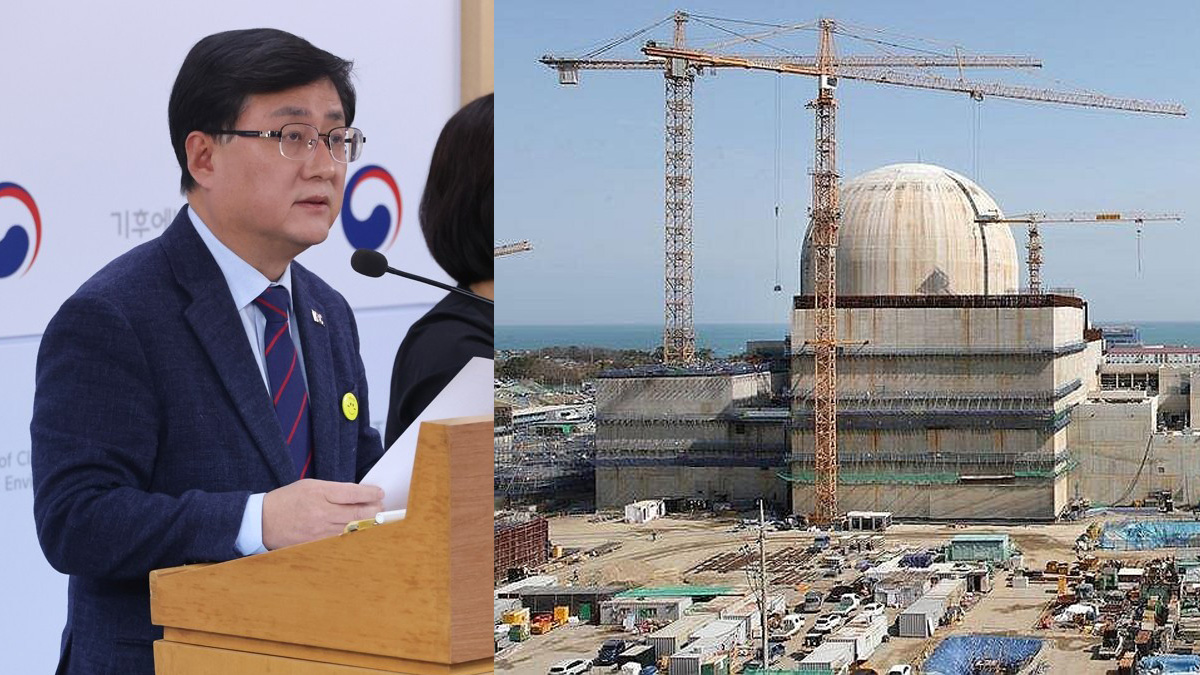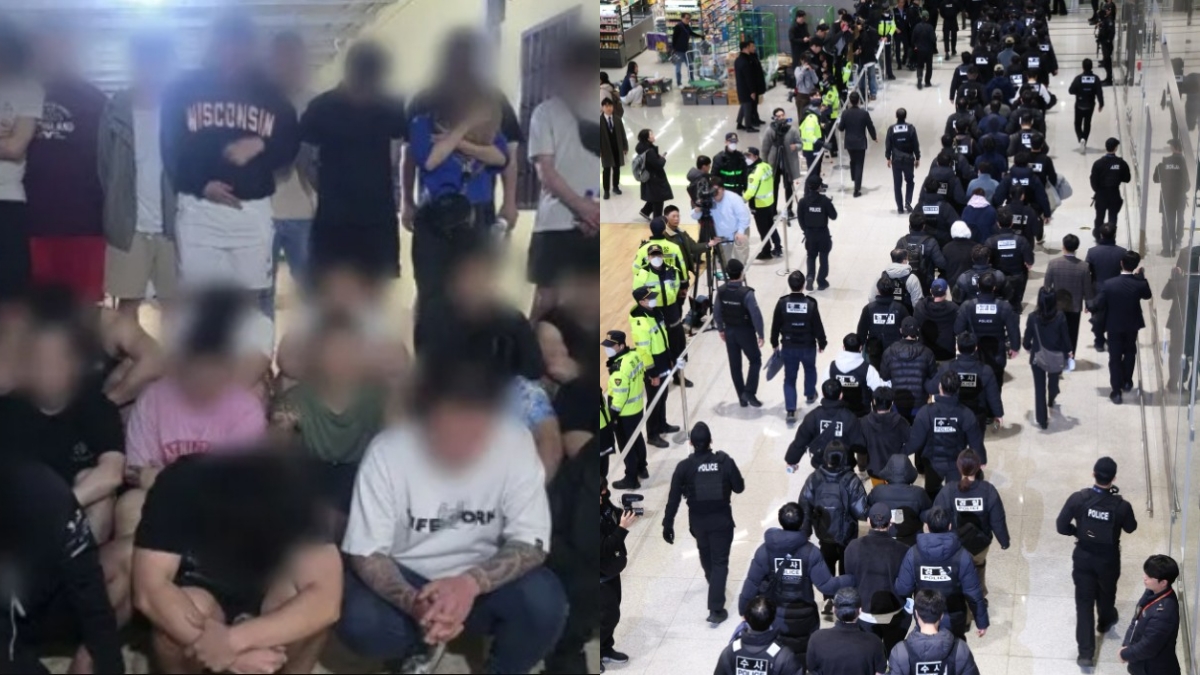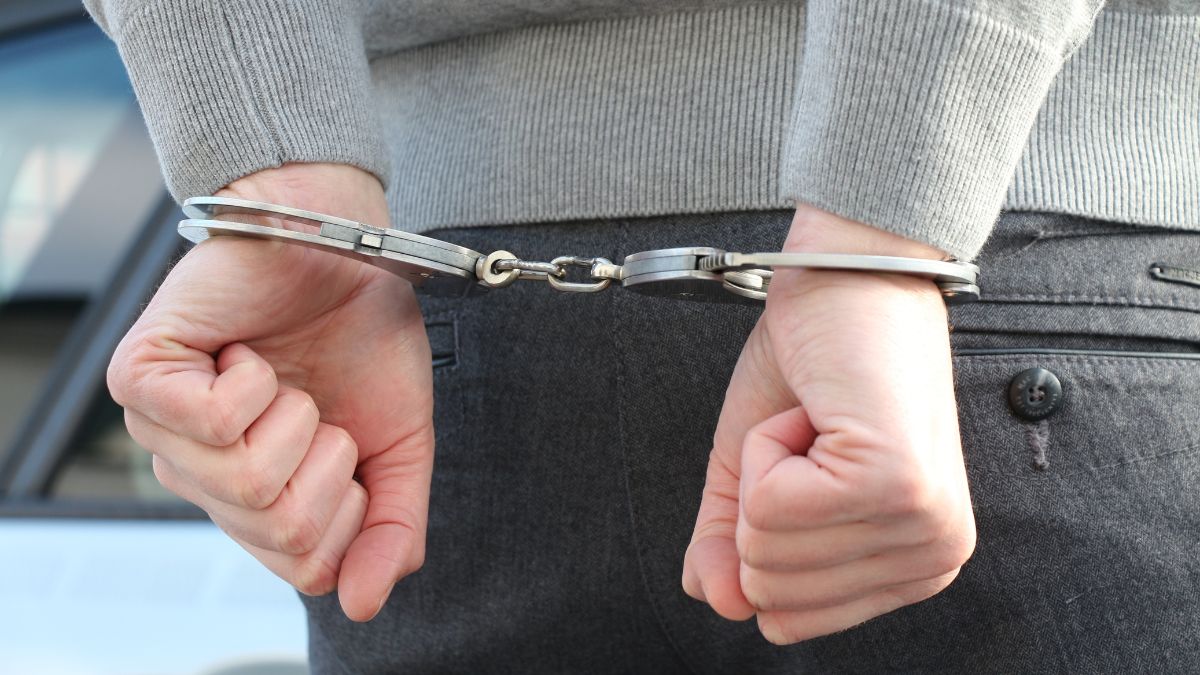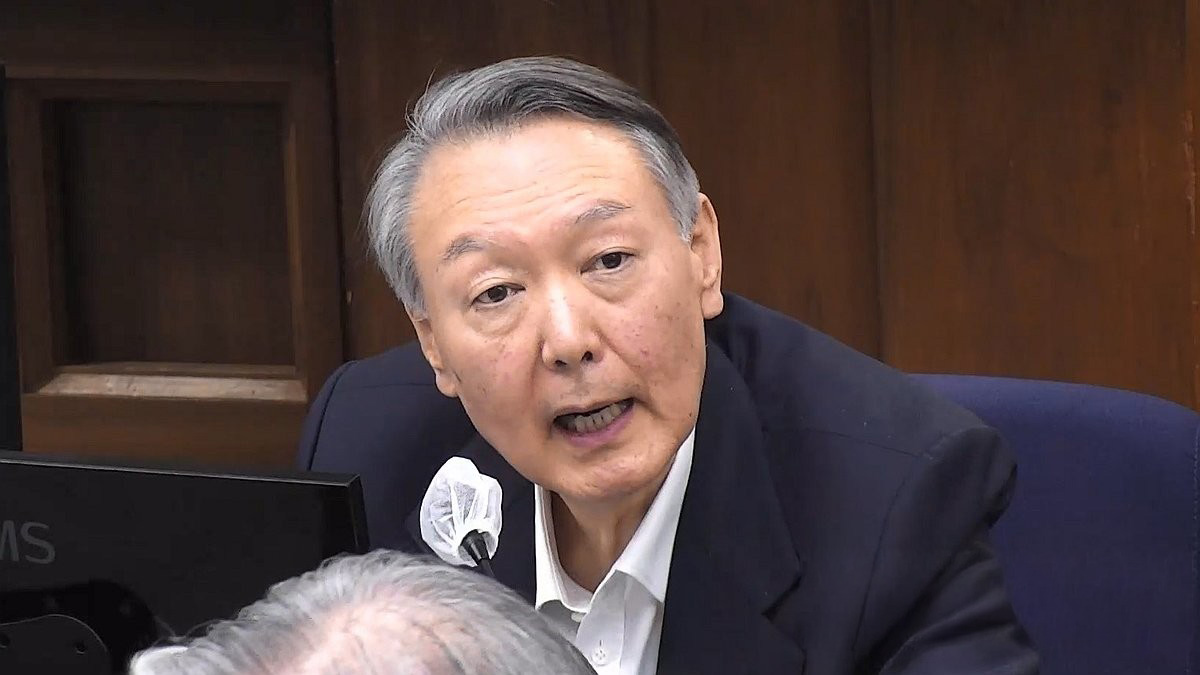Korean victim who escaped from scam compound allegedly denied entry to embassy in Cambodia before office hours
A Korean national who fled a criminal compound in Cambodia says the Korean Embassy in Phnom Penh refused entry before office hours, contradicting the ministry’s version of events. The case has reignited anger over Seoul’s response to transnational scam syndicates.
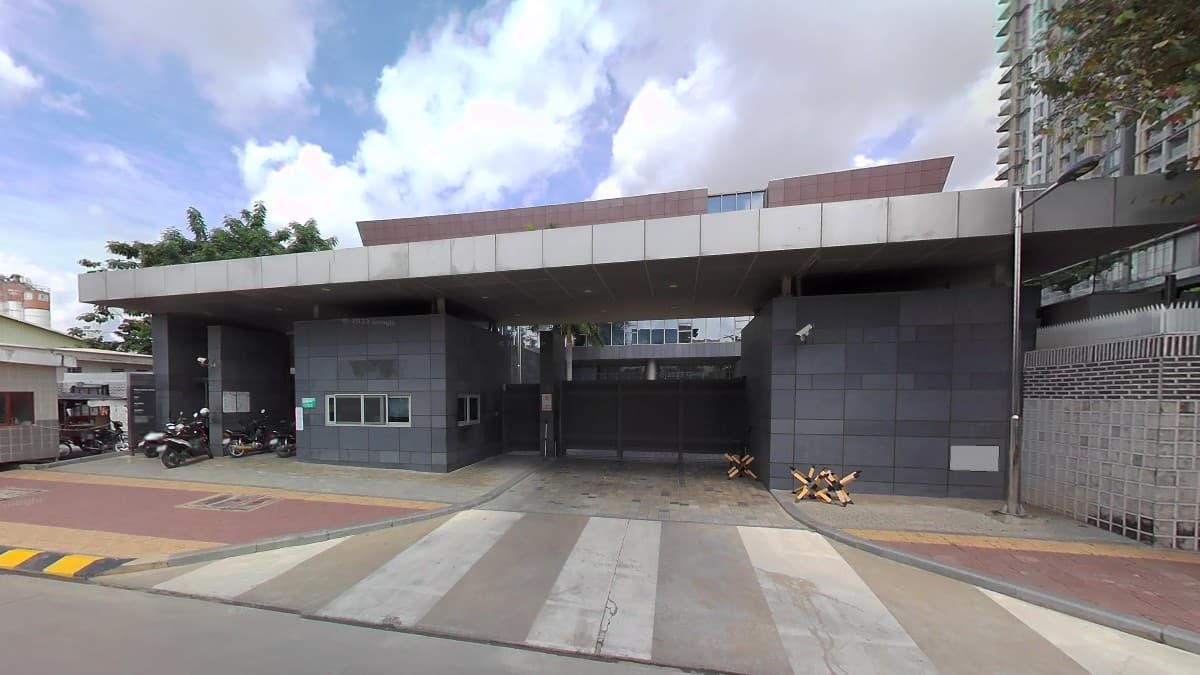
- A Korean national who escaped a scam compound in Cambodia accused Seoul’s Foreign Ministry of misrepresenting facts about consular assistance.
- The individual claimed the Korean Embassy in Phnom Penh denied entry before office hours and failed to ensure safety.
- The controversy follows growing public anger over Korean victims of transnational cybercrime syndicates in Cambodia.
A Korean national who escaped from a criminal compound in Sihanoukville, Cambodia, has accused South Korea’s Ministry of Foreign Affairs of providing a misleading account of how its embassy in Phnom Penh handled the person’s plea for help.
The individual told Yonhap on 20 October 2025 that he arrived at the Korean Embassy around 6 a.m. after a 12-hour journey from the compound, only to be refused entry because it was before official office hours, which start at 8 a.m.
According to the individual, embassy staff advised him to wait outside, despite his visible distress.
“I was exhausted and frightened, but they told me to come back later,” the person said. Audio recordings of phone calls with embassy staff were later released to support these claims.
The Ministry of Foreign Affairs had earlier asserted that the embassy instructed the person to stay at a nearby guard post until business hours.
However, the escapee disputed this, saying, “When I tried to enter the guard post, the local guard blocked me,” implying that the embassy had not coordinated with the guard to allow access.
Fearing for safety, the person reportedly hid in a hotel convenience store nearby, purchasing small items “every two minutes” to avoid being forced outside.
The individual further rejected the ministry’s claim that a consular officer met them before 8 a.m., insisting that no one arrived until the exact opening time.
Once admitted, the embassy reportedly informed the individual that official protection could not be provided within the premises.
Instead, the person was taken to a private guesthouse unaffiliated with the embassy and stayed there until being driven to the airport for repatriation.
The escapee said he travelled to Cambodia after being deceived by recruiters offering high-paying employment.
Instead, he was detained and forced to work for a criminal syndicate operating online scams.
The victim managed to contact the embassy using a concealed mobile phone but said officials demanded precise coordinates and photographs before offering help.
“I secretly wrote down the names, birthdates, and vehicle registration numbers of those who imprisoned me,” the person said.
“But the embassy told me that information was useless and that they couldn’t arrest anyone.”
In a statement released on Monday, the Foreign Ministry maintained that the embassy received the individual’s call at about 7 a.m. and immediately advised them to wait at the guard post.
It said a consul arrived before 8 a.m. to provide assistance and that improvements would be made to ensure consular aid was available outside regular hours.
The controversy comes amid growing public anger in South Korea over its citizens being trafficked into scam compounds across Southeast Asia.
Public outrage intensified in August 2025, when a 22-year-old South Korean university student was reportedly tortured to death by a criminal syndicate running online scams in Cambodia. In response, Seoul launched large-scale diplomatic and investigative operations, imposing travel bans on high-risk areas and deploying emergency response teams.
On 18 October, South Korean authorities successfully repatriated more than 60 nationals rescued from scam compounds in Cambodia. Police said several returnees reported being beaten and detained against their will.
The United Nations and affiliated agencies estimate that more than 100,000 people have been trafficked into online scam centres across Cambodia, Myanmar, and Laos.
South Korea’s government believes about 1,000 of its citizens may still be held in such facilities in Cambodia alone.
In a meeting on 17 October, Cambodia’s Deputy Prime Minister and Interior Minister Sar Sokha met with South Korea’s Vice-Minister of Foreign Affairs Dr Kim Jina in Phnom Penh.
According to The Khmer Times, both sides agreed to strengthen intelligence-sharing, coordination, and law enforcement cooperation to combat transnational cybercrime networks.


